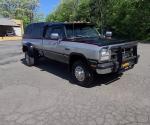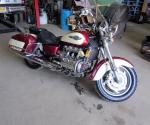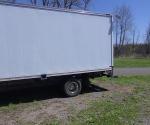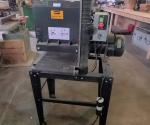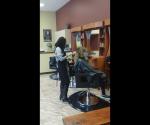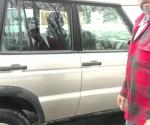Posts per category and its sub-categories
Education
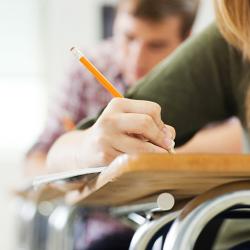
Education is the process of facilitating learning. Knowledge, skills, values, beliefs, and habits of a group of people are transferred to other people, through storytelling, discussion, teaching, training, or research.
Formal education occurs in a structured environment whose explicit purpose is teaching students. Usually, formal education takes place in a school environment with classrooms of multiple students learning together with a trained, certified teacher of the subject. Most school systems are designed around a set of values or ideals that govern all educational choices in that system. These choices include curriculum, physical classroom design, student-teacher interactions, methods of assessment, class size, educational activities, and more.
Education frequently takes place under the guidance of educators, but learners may also educate themselves in a process called autodidactic learning.
Subcategories:
- Private schools: Private schools are also called independent schools or non-governmental schools. Private schools aren't administered by local, state, or national governments. Because of this, they retain the right to select their students and are funded in whole or in part by charging their students tuition, rather than relying on mandatory taxation through public (government) funding. At some private schools students may be able to get a scholarship, which makes the cost cheaper, depending on a talent the student may have (e.g. sport scholarship, art scholarship, academic scholarship), financial need, or tax credit scholarships that might be available.
- Continuing education: Continuing education is a broad terms that encompasses a lot of post-secondary learning activities and programs. Recognized forms of continuing education can include: degree credit courses by non-traditional students, non-degree career training, workforce training, formal personal enrichment courses (both on-campus and online) self-directed learning (such as through Internet interest groups, clubs or personal research activities) and experiential learning.
- Adult education classes: Adult education is a practice in which adults engage in systematic and sustained self-educating activities in order to gain new forms of knowledge, skills, attitudes, or values. The learning happens in many ways and in many contexts just as all adults' lives differ. Adult learning can be in any of these three contexts: Formal (structured learning that typically takes place in an education or training institution, usually with a set curriculum and carries credentials), non-formal (Learning that is organized by educational institutions but non-credential. Non-formal learning opportunities may be provided in the workplace and through the activities of civil society organizations and groups) and informal (Learning that goes on all the time, resulting from daily life activities related to work, family, community or leisure).
- Career training
- Educational supplies: School supplies for students include pencils, pens, scissors, glue sticks, pencil sharpeners, erasers, markers, highlighters, notebooks, three-ring binder, loose-leaf notebook paper, folders and pocket folders, transparent tape, a stapler, crayons for younger children, a backpack. School supplies for teachers include chalk/colored chalk (if working with blackboards), specialized markers (if working with whiteboards), rubber bands, sticky notes, index cards, pens and pencils, loose-leaf reinforcements, paperclips, newsprint, a dictionary, optionally a tablet computer.









